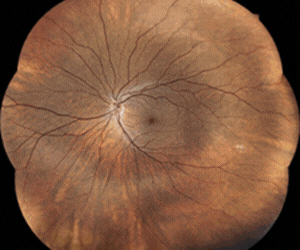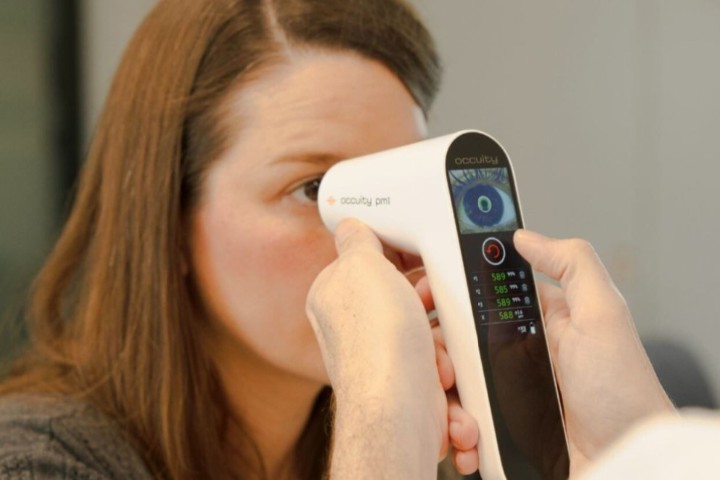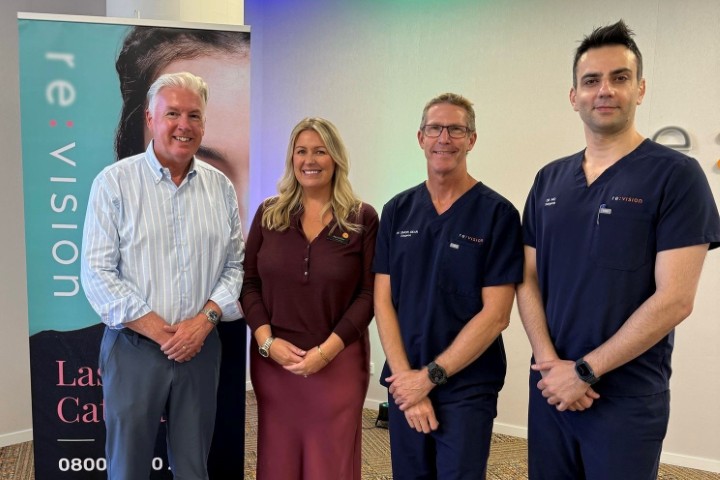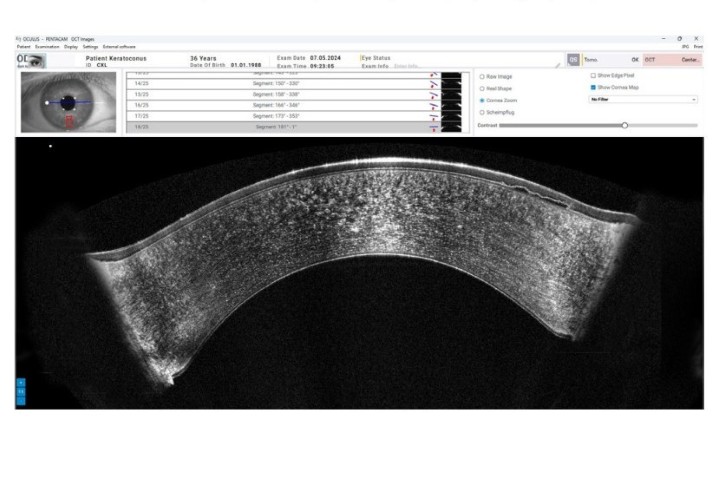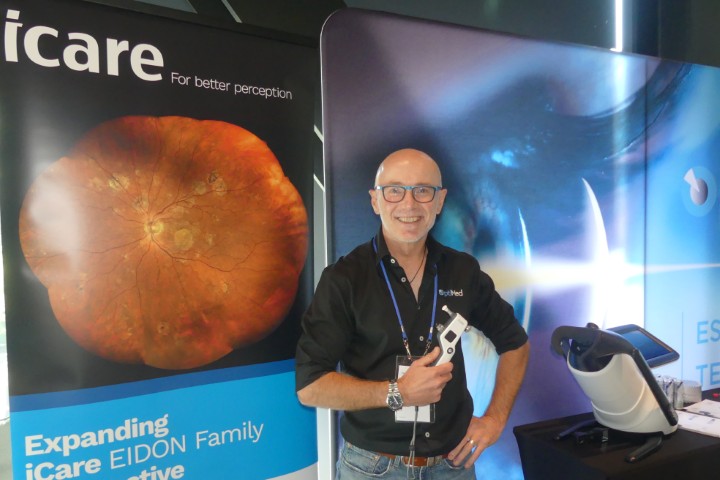Alcoholism drug preserves vision
US researchers have found that disulfiram (Antabuse), a drug used to treat alcoholism, could help restore some vision in retinitis pigmentosa (RP) and age-related macular degeneration (AMD) patients.
A team led by the University of California’s Professor Richard Kramer and Assistant Professor Michael Goard showed that disulfiram helped restore some vision in mice by suppressing the sensory noise in the inner retina caused by dying photoreceptors in the outer retina. This occurs due to outer retinal degeneration progression, which occurs with AMD or RP. Disulfiram appears to target that sensory noise, allowing surviving photoreceptors in the outer retina to complete the signal to the brain and ultimately restore some vision, they reported, allowing nearly blind mice to better detect images on a computer screen.
"If a vision-impaired human were given disulfiram and their vision got better, even a little bit, that would be a great outcome in itself,” said Prof Kramer. “But it would also strongly implicate the retinoic acid pathway in vision loss. And that would be an important proof of concept that could drive new drug development and a whole new strategy for helping to improve vision.”
A clinical trial on human patients with advanced, but not complete, RP is planned for the near future.






